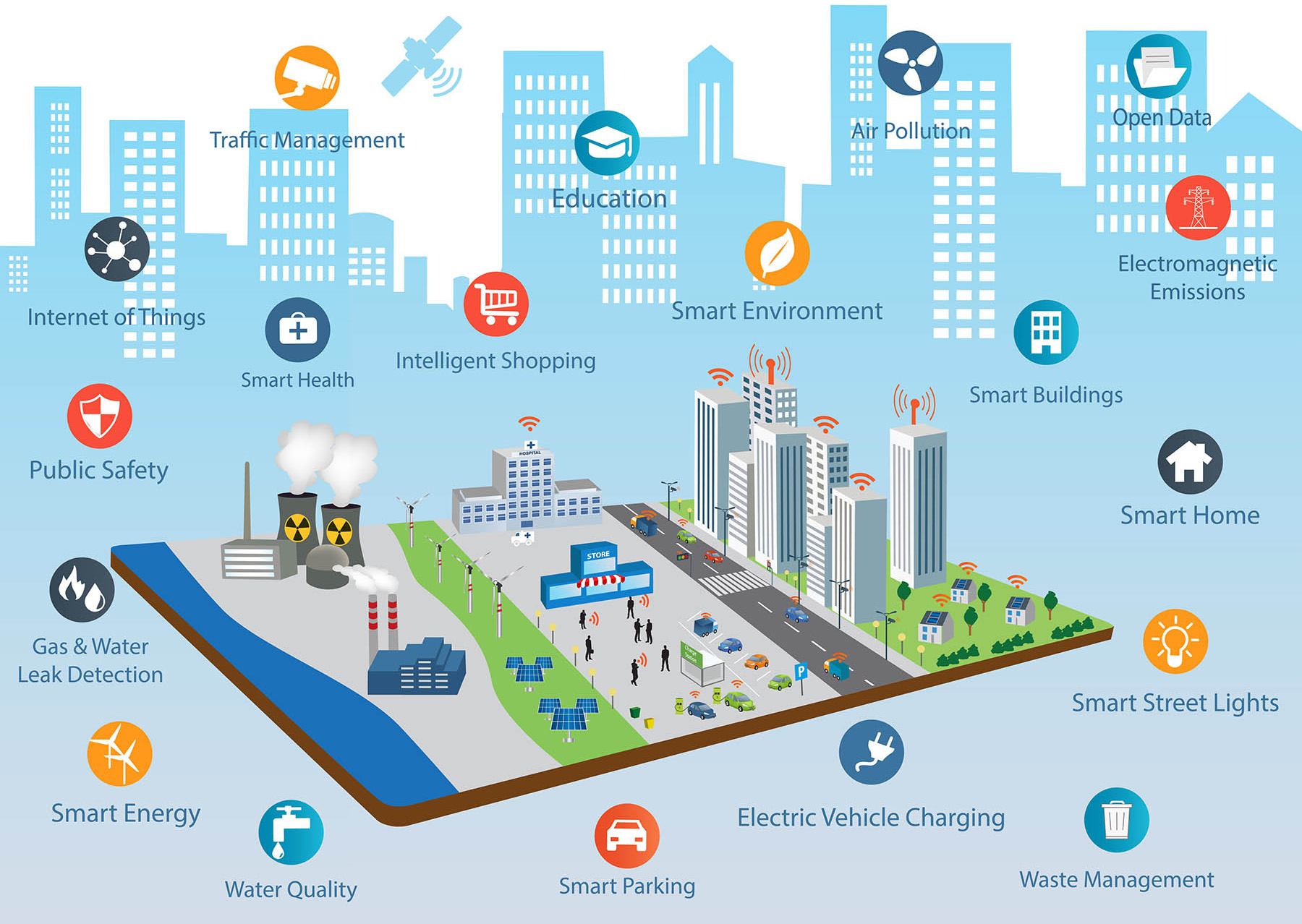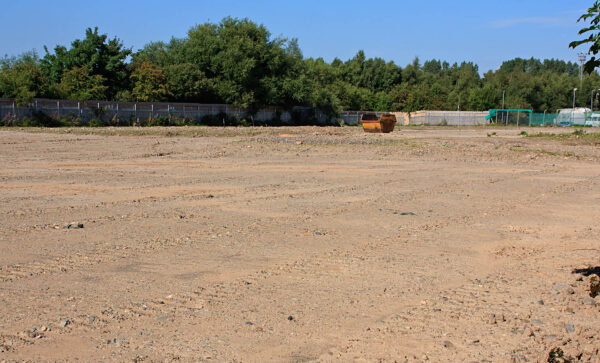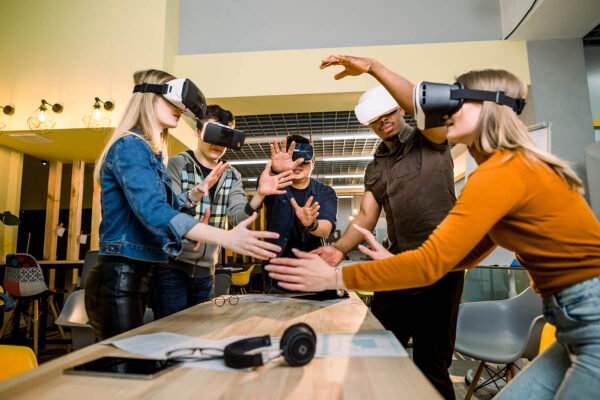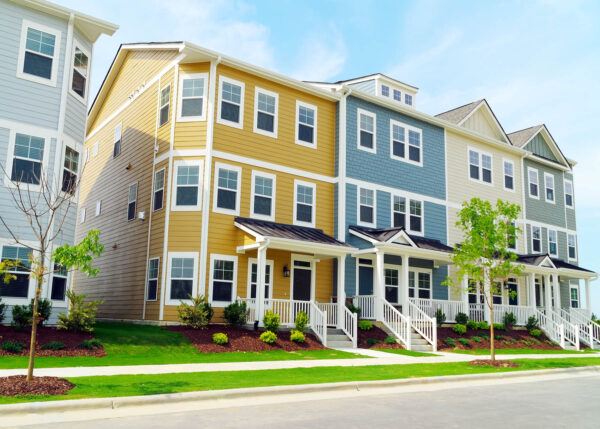The Role of Real Estate in Smart Cities: Insights from D.C. and Beyond
In the evolution of urban landscapes, the transformation into ‘smart cities’ highlights a revolution where real estate plays a pivotal role. This metamorphosis goes beyond merely erecting new structures; it necessitates the seamless integration of cutting-edge technologies and sustainable practices within the realm of urban planning. This synergy aims to craft environments that not only prioritize efficiency and environmental stewardship but also significantly enhance the quality of life for the community. The term “Real Estate in Smart Cities” aptly captures this intricate interplay between urban evolution and the technological strides pushing the smart city narrative forward. From the bustling streets of Washington D.C. to the innovative hubs around the globe, real estate emerges as a key architect in the blueprint of future urban living.
This strategic role of real estate in urban innovation introduces a paradigm shift. Traditionally, the sector focused on maximizing space and value through construction and development. However, in the smart city context, it embraces a broader mission: to serve as the foundational layer upon which smart technologies are deployed and sustainable urban life is built. This shift acknowledges that the future of urban living transcends bricks and mortar, weaving in digital infrastructure, green practices, and a vision for communities that thrive economically, socially, and environmentally.
Integrating Technology and Real Estate in Smart Cities
At the core of smart city evolution lies the fusion of real estate with advanced technology. This integration transcends traditional boundaries, embedding intelligent systems into the fabric of buildings and infrastructure. Such a merger brings about smart buildings and cities where technology acts as the central nervous system, enhancing functionality and livability. In the heart of Washington D.C., for instance, buildings equipped with IoT capabilities are setting benchmarks in energy efficiency, security, and operational excellence. By leveraging real-time data, these structures adapt to the dynamic needs of occupants, offering optimized living and working conditions while propelling the city towards its sustainability targets.
Moreover, the scope of technology in real estate stretches to encompass the broader urban matrix, including smart grids that manage electricity more efficiently, water systems that preserve vital resources, and transportation networks that ease commutes while reducing carbon emissions. This holistic approach not only elevates urban resilience but also underscores the indispensable role of real estate in sculpting the smart cities of tomorrow. By fostering a landscape where technology and infrastructure coalesce, real estate acts as a pivotal player in realizing the vision of smart, sustainable urban ecosystems.
Sustainable Urbanization and Green Buildings
Sustainable urbanization represents the essence of the smart city vision, with real estate standing at the forefront of this green revolution. The drive towards green buildings reflects a commitment to sustainability that marries energy efficiency, reduced environmental footprint, and a minimal impact on the planet. Across the globe, the push for such structures is gaining momentum, illustrating the sector’s commitment to a sustainable future. These buildings, powered by renewable energy, built with sustainable materials, and often topped with green roofs, serve as beacons of innovation. They not only mitigate the urban heat island effect but also foster biodiversity, signaling a shift towards ecosystems where urban living harmonizes with nature.
This focus on green building practices in the real estate sector does more than address environmental challenges; it redefines the concept of healthy living spaces. By prioritizing air quality, natural light, and thermal comfort, green buildings enhance the well-being of their inhabitants. This commitment to sustainability and health places real estate at the heart of the smart city transformation, showcasing its critical role in building urban environments that are not only resilient but also nurturing and livable. As cities evolve, the convergence of real estate, technology, and green practices illuminates the path towards a sustainable, smart future, marking a new era in urban development where quality of life and environmental stewardship are paramount.
The Economic Impact of Real Estate in Smart Cities
Real estate in smart cities is not only about technological integration and sustainability; it also has a profound economic impact. By attracting investments in high-tech industries and green businesses, smart cities become hubs of innovation and economic growth. The development of smart buildings and infrastructure creates jobs, stimulates the local economy, and attracts a skilled workforce, further enhancing the city’s competitiveness on a global scale. Additionally, the increase in property values associated with smart city developments generates significant revenue for city governments, which can be reinvested in further urban improvements and smart technologies.
Challenges and Opportunities in Real Estate Development for Smart Cities
While the benefits of integrating real estate into smart city development are clear, there are also significant challenges to be addressed. These include the high initial costs of implementing smart technologies, the need for regulatory frameworks that support innovation, and the importance of ensuring equity in access to the benefits of smart cities. Moreover, the rapid pace of technological change requires that buildings and infrastructure are designed to be flexible and adaptable over time. Despite these challenges, the opportunities presented by smart cities for real estate development are vast, offering the potential to redefine urban living for the 21st century and beyond.
Global Perspectives: Real Estate Innovations in Smart Cities
Looking beyond Washington D.C., global case studies offer valuable insights into the role of real estate in smart cities. From the eco-friendly districts of Stockholm to the smart transportation systems of Singapore, cities around the world are leveraging real estate as a key component of their smart city strategies. These examples demonstrate the universal relevance of real estate in shaping smart urban futures, showcasing innovative approaches to housing, commercial development, and infrastructure that are adaptable, sustainable, and aligned with the needs of modern urban dwellers.
The role of real estate in smart cities represents a dynamic and evolving field, with the potential to transform urban environments across the globe. As cities like Washington D.C. and others worldwide continue to innovate and implement smart city initiatives, the real estate sector remains a critical player in achieving sustainable, efficient, and livable urban futures. Through the integration of technology, commitment to sustainability, and a focus on economic development, real estate in smart cities is paving the way for a new era of urbanization that is smart, sustainable, and inclusive.





